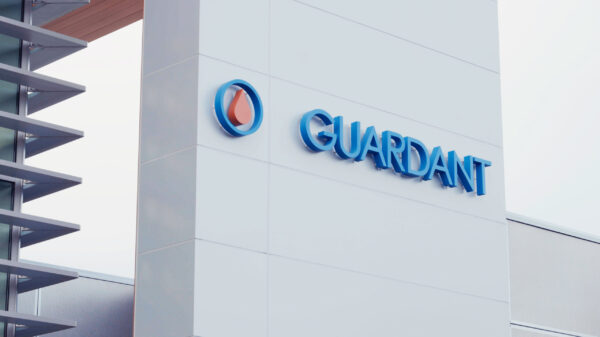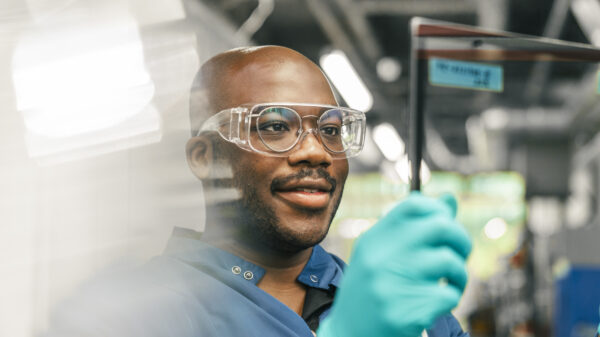Transportation throughout British Columbia may not add as much to your carbon footprint in the future courtesy of a new $5 million investment by the BC government in support of a third round of funding for zero-emission vehicle technologies.
The new technologies funded by the CleanBC Go Electric Advanced Research and Commercialization (ARC) program cover a wide range of transportation modes, including electric bikes, rail systems and aviation, according to a B.C government press release on Wednesday.
Projects in prior rounds include the development of a hydrogen-fueled dinner cruise, an electric motorcycle integrated with robotics and artificial intelligence and the conversion of a Harbour Air Seaplanes DHC-2 Mk1 Beaver aircraft into an electric-powered aircraft.
“B.C. is the first jurisdiction in the world to legislate a 100 per cent ZEV target by 2040 – and since move our target date to 2035 – with progressive targets for 2025 and 2030. We are steadily moving toward this commitment, and in fact, reached our first target years ahead of schedule,” said George Heyman, Minister of Environment and Climate Change Strategy.
Heyman said that CleanBC is committed to achieving its targets through a variety of initiatives. These include providing rebates, developing infrastructure, offering training programs for individuals in zero-emission transportation and community energy sectors, as well as investing in clean-energy technologies.
Read more: BlackBerry to provide software platform for electric vehicle consortium
Read more: Datametrex AI Limited expands electric vehicle subsidiary into Toronto
ARC has contributed to 21 projects since 2018
Since the announcement of the ARC program in 2018, a total of twenty-one projects have received over $9 million in funding. These projects collectively contribute to the economic development of British Columbia’s zero-emission vehicle sector, generating employment opportunities and promoting the adoption of cleaner and healthier technologies.
The CleanBC Roadmap to 2030 outlines British Columbia’s strategy to enhance and expedite climate action, leveraging the province’s inherent strengths such as abundant clean electricity, valuable natural resources and a skilled workforce. This roadmap fosters greater collaboration to create a sustainable and inclusive future for all, working towards a British Columbia that benefits everyone.
“The transportation sector is responsible for about 40 per cent of all provincial greenhouse gas emissions,” said Josie Osborne, Minister of Energy, Mines and Low Carbon Innovation.
“The groundbreaking companies we’re supporting through this funding demonstrate the kind of technological savvy and business experience that is required to meet the transport sector’s pollution-reduction targets as we transition to a clean economy.”
The ARC Program has created around 175 full-time-equivalent jobs through the supported projects. The zero-emission vehicle sector remains a significant source of employment for residents of British Columbia, boasting approximately 270 companies that offer 6,700 full-time jobs, according to the Energy, Mines and Low Carbon Innovation
These enterprises also make a substantial contribution of $622 million to the provincial gross domestic product, highlighting the positive impact of clean energy initiatives on the region’s economy and workforce.
In addition to a number of established companies like Tesla Inc (NASDAQ: TSLA) and Rivian Automotive Inc (NASDAQ: RIVN) with satellite offices and distribution centres, Vancouver is home to a number of different electric vehicle startups such as Damon, which manufactures electric motorcycles, or Scootility, which makes electricity powered scooters.
.














